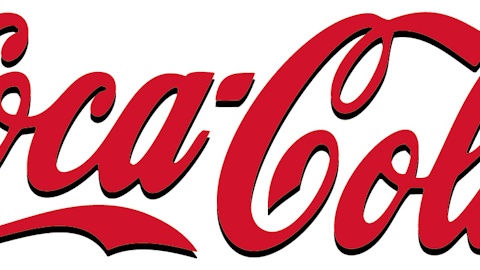They’re baaaack! No, not poltergeists, but trial lawyers, out scaring up plaintiffs for lawsuits against Monster Beverage Corp (NASDAQ:MNST) over alleged health risks.
The latest case involves a 19-year-old man who died from cardiac arrest while having sex with his girlfriend after supposedly having drank two 16-ounce Monster energy drinks, just as he had done every day for the past three years. His mother, who is filing the lawsuit against Monster Beverage Corp (NASDAQ:MNST) and is seeking damages for his wrongful death, said her son’s daily intake of the energy drinks was at least 32 ounces to 64 ounces.
The lawsuit is just the latest legal salvo lobbed at the drink maker. Last year, the family of a 14-year-old girl, who died allegedly because she drank two 24-ounce energy drinks in a 24-hour period, sued Monster Beverage Corp (NASDAQ:MNST), as well. Since then the drink maker has been sued by San Francisco’s city attorney for supposedly marketing its energy concoctions to 6-year-old kids, and a class action lawsuit has been filed in California purporting some of Monster’s drinks contain “a toxic and potentially lethal ingredient,” epigallocatechin-3-gallate, which has been associated with “dangerous hepatotoxic effects, including without limitation, death, acute liver failure, hepatitis and other liver injuries.”
Considering the amped-up growth rate the energy drink segment is enjoying, it’s not surprising the lawyers see a deep pocket to stick their hand into. Beverage Digest says sales of energy drinks jumped 12% in 2012, to $10 billion, though that has trailed off in more recent periods because of all the saber-rattling going on against them.
Monster Beverage Corp (NASDAQ:MNST) is the market leader in energy drinks, with a near 37% share, sufficiently ahead of No. 2 Red Bull, at almost 30%, and No. 3 Rockstar, with less than 18%. PepsiCo, Inc. (NYSE:PEP)‘s Amp is a distant fourth. So there shouldn’t be any raised eyebrows over the fact that the trial lawyers have Monster Beverage Corp (NASDAQ:MNST) in their sights.
And the industry is coming under closer scrutiny from regulators, too, with the FDA and the FTC putting the drink makers under a microscope. Politicians, as well, want to get into the act, with Suffolk County, N.Y. pols looking to ban the sale of the drink to anyone under 19, and Chicago seeking to ban the sale of drinks with certain combinations of additives if they have a specified level of caffeine.
It was just a few years ago that brewers like Anheuser-Busch InBev NV (ADR) (NYSE:BUD), and the SABMiller and Molson Coors Brewing Company (NYSE:TAP) joint venture MillerCoors, were pressured (and sued) into halting the production of caffeine-infused alcoholic beverages. As I’ve pointed out before, this is the setup for energy drinks to be as tightly controlled and regulated as either cigarettes or beer. From “voluntary” labeling to age restrictions on the sale of the drinks, regulators, politicians, and activists are conspiring to eliminate personal liability in the responsible consumption of energy drinks.



